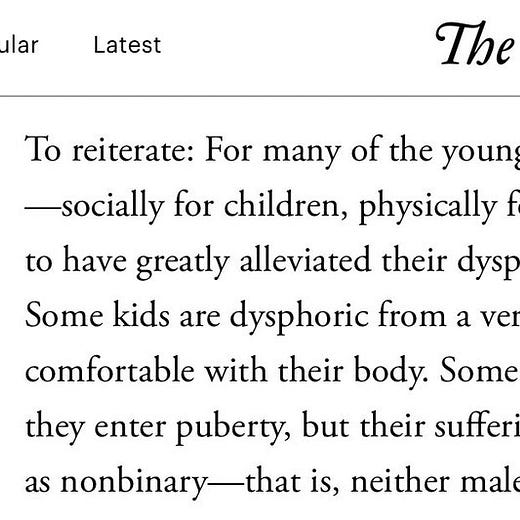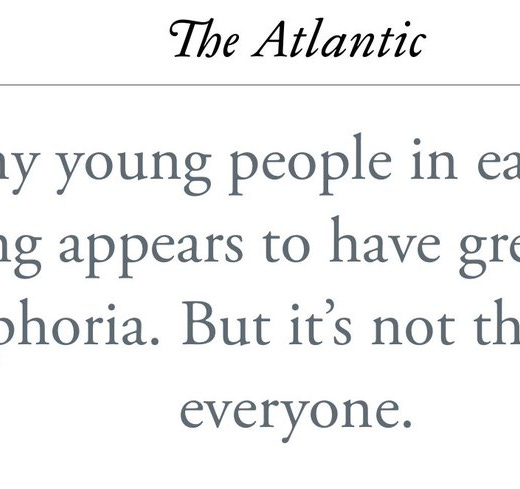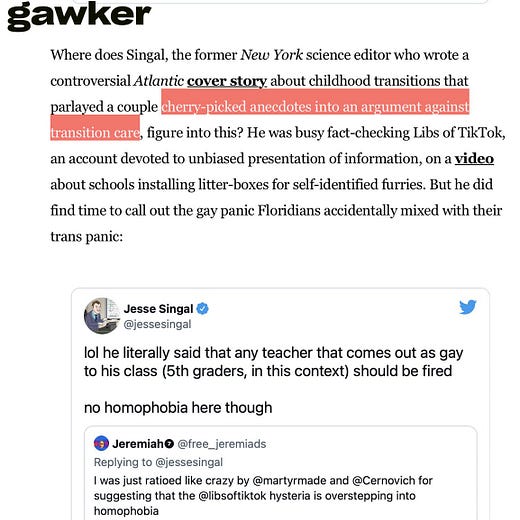E-Pluribus | April 6, 2022
Would Beethoven get woke, or just roll over; science benefits from disagreement and dissension, not suppression; and how can American institutions recover their reputations?
A round up of the latest and best writing and musings on the rise of illiberalism in the public discourse:
Heather Mac Donald: Making Beethoven Woke
In the 1950s, Chuck Berry famously told Beethoven to “roll over.” These days, there’s something of a trend in classical circles pushing Beethoven to “get woke.” While Beethoven’s music has been adapted, copied, parodied and used as inspiration for generations, Heather Mac Donald at City Journal relates how freely some are now co-opting some of the master’s greatest works for their own political, cultural and social agendas.
On April 7, the Baltimore Symphony Orchestra, led by Marin Alsop, will take textual intervention one step further. A poem by Baltimore-based rapper Wordsmith will replace Friedrich Schiller’s “Ode to Joy” in a performance of Beethoven’s Ninth Symphony. Wordsmith has explained his goals in the rewriting: to use “present-day social issues to highlight the need for positive reinforcement. Encouraging gender equality, cultural acceptance, and living a purpose-driven life are worldly topics I sought to shine a light on during the writing process.”
[ . . . ]
Wordsmith’s word setting is as clumsy as his content is banal. He regularly pits the natural stress of a line against the musical meter (see, for example, “Oh this is our chance to unite,” at measures 281 and 282 of the revised score).
Leonard Bernstein conducted Beethoven’s Ninth Symphony in Berlin on Christmas Day, 1989. The Berlin Wall had come down the previous month. To mark the liberation, Bernstein changed one word of Schiller’s text: “Freude” became “Freiheit.” This substitution was regarded as so momentous as to put Bernstein momentarily on the defensive: “I feel this is a heaven-sent moment to sing “Freiheit” wherever the score indicates the word ‘Freude,’” he explained. “If ever there was a historic time to take an academic risk in the name of human joy, this is it, and I am sure we have Beethoven’s blessing.” Bernstein’s one-word interpolation was still being talked about long after the 1989 concert. The New York Times observed in 1998 that “Bernstein, who in life got away with nothing and everything, boldly changed Freude, the joy in Schiller’s ‘Ode to Joy,’ to Freiheit.”
Read the whole thing.
Zeynep Pamuk: What Happens When the Scientists Disagree?
The war on “misinformation” may have some good intentions behind it, but the collateral damage may include advancement in science and medicine. Zeynep Pamuk writes at Persuasion that we should learn the lesson of the 1970s swine flu scare that the consensus is not always correct.
The swine flu debacle should have been a chance to learn from mistakes. But in the age of Covid, we’re still struggling to deal with dissent in scientific advice. Many key facts about the pandemic have been subject to scientific disagreement. We’ve seen disputes over the virus’s mode of transmission, its risk to different demographics, the effectiveness of masks, and the utility of lockdowns. Yet, scientific advisers have repeatedly presented their guidance without acknowledging uncertainty within their ranks—only to reverse their position a few months later. Masks were ineffective in February, but mandatory by April. The lab origin hypothesis was a crazy conspiracy at first, but became difficult to dismiss six months later. School closures were absolutely necessary, then completely unreasonable, then necessary again. Mask mandates in schools have become the latest arena of controversy. The scientific community has been incredibly successful in developing vaccines. But it’s still struggling with communicating disagreement.
If we want to fix this problem, we need to think harder about alternatives to suppressing dissent. Scientific disagreements will surface in public debates sooner or later. In failing to address them, we risk confusion, distrust and conspiracy theories, which can seriously undermine public health initiatives. But this is also a missed opportunity to invigorate the democratic process. Open debate can subject the hidden assumptions in scientific advice to proper scrutiny, lead to better decisions and prevent mistakes. It can help citizens question scientific claims without accepting or rejecting them wholesale. And it can allow opposition parties to present informed alternatives to government policies and hold decision makers accountable.
Read it all.
April Lawson: How American institutions can win the trust of Gen Z
Many public institutions have taken a hit in recent years and the current generation is lacking faith in our society’s ability to overcome our imperfections without “tearing it all down.” April Lawson of the nonprofit group Braver Angels argues in the Deseret News that mutual respect and a return to first principles are among the steps necessary to win over a skeptical Generation Z.
So how do we win back the trust of Gen Z? How do we liberate them to trust that they are not alone in pursuing an ethical world, and that they can count on their institutions to be beacons of foundational values?
First, we should acknowledge the validity in their critiques. Some institutions have gone downhill, according to such venerable scholars as Yuval Levin, who argues that the rot in institutions is a function of shifting from being “formative” — organizations that shape the character of their people — to “performative,” platforms that people use as a megaphone to shout what they were already going to say.
Second, we should encourage institutions to hold to their core values instead of bending to activist and financial pressure.
Institutions exist to enshrine certain sets of values in an enduring structure: for the media, objective truth; for health care, healing; for the military, protection and service. But these days, due to the enormous pressure from activism and image-focused leadership, you are more likely to see a PR campaign on diversity or environmental sustainability than those core virtues.
Read it all here.
Around Twitter
Excerpts from a good thread by Matt Yglesias on journalists who seem to take their cues from activists about who the “bad” people are:
A similar observation from Yascha Mounk:
Glenn Greenwald believes Ellen Pao just might possibly be using too broad a brush here on “free-speechers”:
And finally, it’s hard to imagine this is not self-parody from the Chinese government, but drones are apparently instructing Shanghai resident’s in quarantine to “[c]ontrol your soul’s desire for freedom.”













